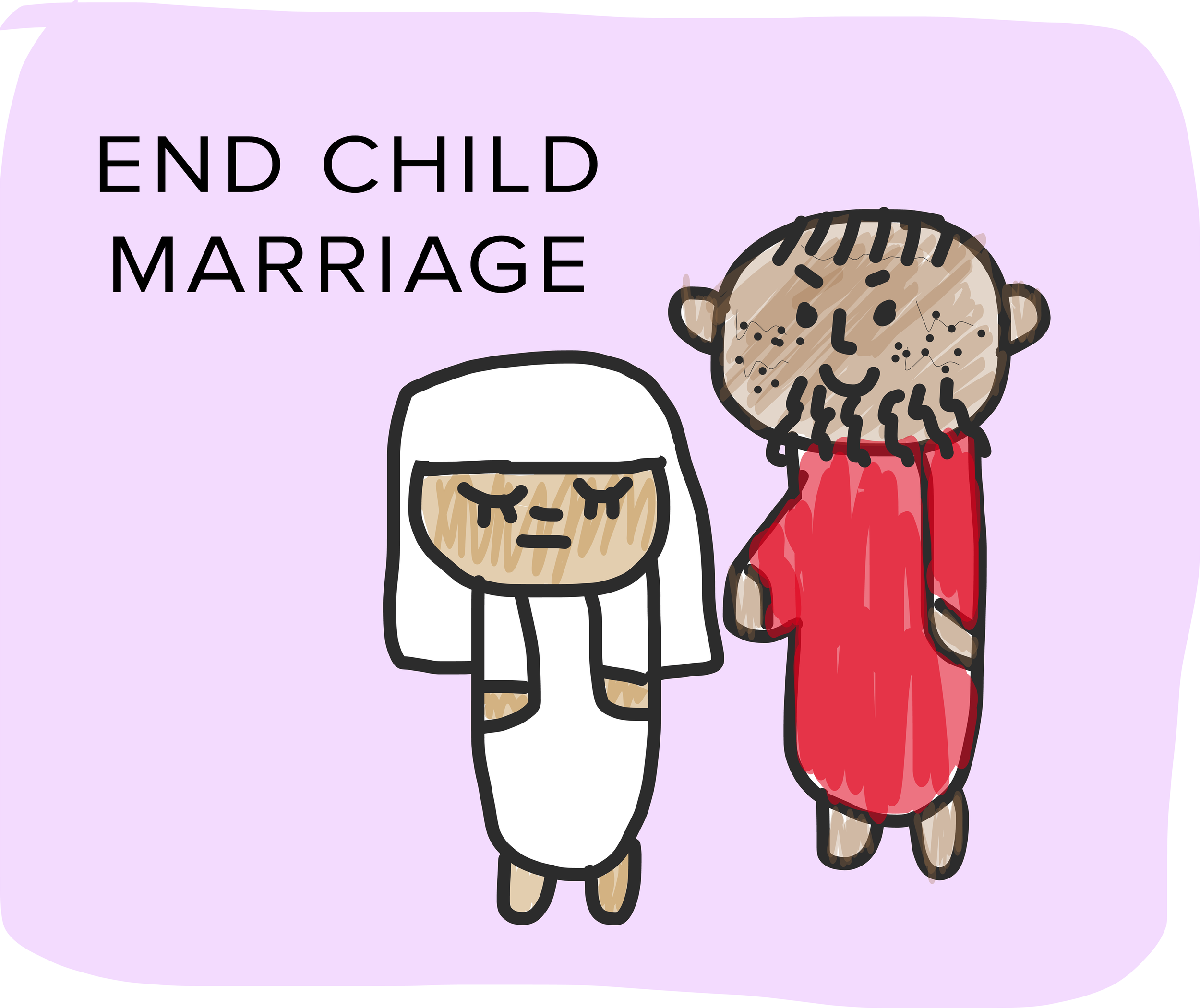I was reading today about Muhammad al-Qiq. He's a journalist from Palestine being detained in Israel, and he's been on a hunger strike for 90 days. The Israelis say he's a terrorist. He says he hasn't been charged with anything and should be freed.
The truth isn't so easy to find.
So today, I don't have any answers or quick petitions to sign, just a story and a reminder to myself to keep praying for places that seem separated by millennia of hate and fear.
And that story takes a detour.
In the early 2000s, Habitat for Humanity flew me to Atlanta, Georgia, for a job interview. They provided a rental car (sort of ... that's a whole 'nother story, and not at all Habitat's fault about the sort of) so I could drive the few hours south to their headquarters in Americus.
To make a long story slightly shorter, I didn't get the job, but I did get to spend a couple of days in the humid, peanut-growing area that Jimmy Carter calls home.
I was only about 10 miles from Plains, where Carter still lives today.
On my way out to Plains, I rolled the windows down and smelled the thick air that has a certain something that's different from any other place I've ever been. The air is loud with crickets or some sort of cousin.
I turned the radio on to some local station. And then I heard, in a soft simple voice, (to the best of my memory): "Hello, this is Jimmy Carter. Southwestern Georgia Technical Institute and the Plains Community Center are offering classes. If you'd like to get a GED or learn English as a second language, ..."
I'd always liked Carter for his ex-presidency, but now I was in love.
When you drive into Plains, there's a huge sign that says, "This is Carter country."
And it is. It's obvious that Jimmy Carter tourism helps keep the tiny town afloat. The president's Secret Service agents have a baseball game every year, and Carter taught Sunday school when he was in town.
The woman at the visitor center said, "He'll tell you right out, he'll tell you right out that's the only house he's ever owned," speaking of the family home that he'd added a bit onto, but not much.
I longed to spend more time in Plains, but I had a plane to catch (and a woman named Lydia to give a ride to — part of that other story), so I left. Reluctantly.
A few years later, I saw Jimmy Carter: Man from Plains on Netflix and naturally added it to my queue.
It's an intriguing documentary of the president from director Jonathan Demme.
I expected a film about how Carter's roots in Plains made him the man he was. There was a bit of that, but most of the film (as I remember it) followed Carter on his book tour for his controversial Israel: Peace Not Apartheid. The man who had given his life to more and less quiet service was saying things Americans didn't dare to say about what was happening to Palestinians in the West Bank and Gaza. The response from the Western media? Let's just say he didn't win a Grammy for that one.
So when he went on al-Jazeera, he could have sat back and basked in the few moments of peace he might have received. The audience was the choir to whom he was preaching. But he didn't rest. Instead, he called out Palestinians for their role in the conflict and the problems they were helping to perpetuate.
And that leads me back to today. The problems with Israel and Palestine are beyond me.
I suppose this is partly why I'm a person of faith, and particularly a Christian.
Because some things are too big for me. And I need to believe they are not too big for God. I believe that when Jesus said, "Love your enemies," he meant it.
I believe that when the writer of 1 John said, "Perfect love casts out fear," he understood that if we people could stop fearing each other for even a moment, we might be able to love each other.
And then ... God's kingdom come, God's will be done on earth as it is in heaven.
So I pray. Maybe that's lazy, maybe it's naive, but I don't know what else to do. And I want to believe God does. I long to see millennia of hate lose out to love.
"Your kingdom come, your will be done in Israel and Palestine as it is in heaven."
Amen.






















